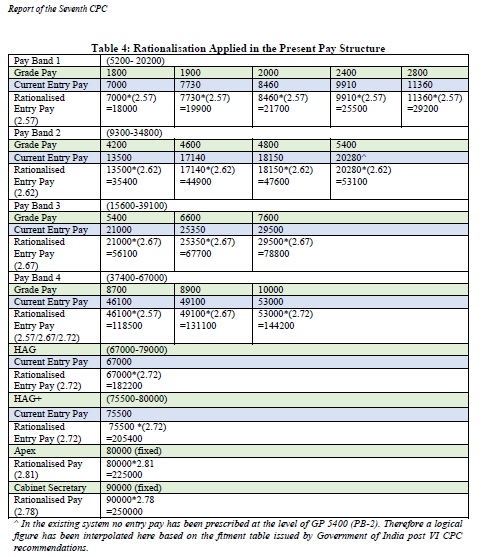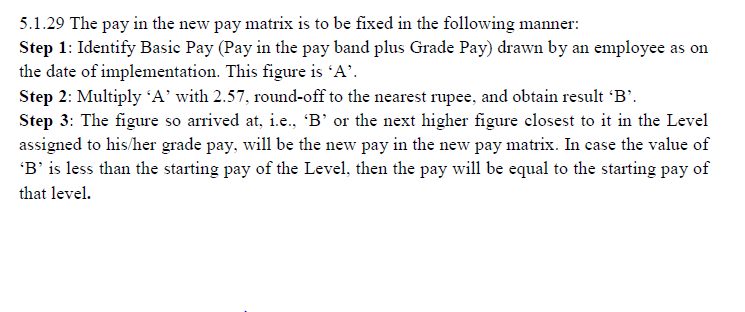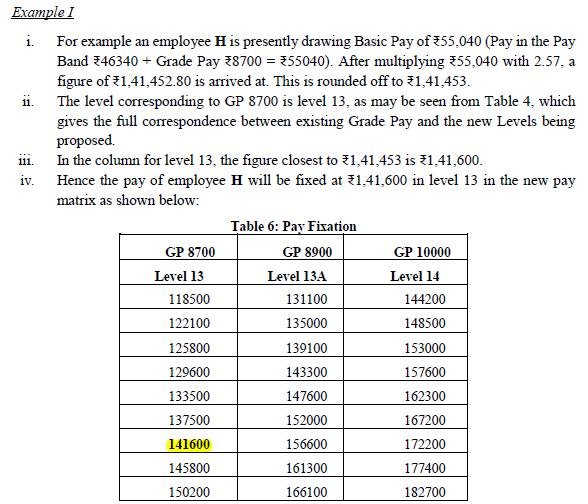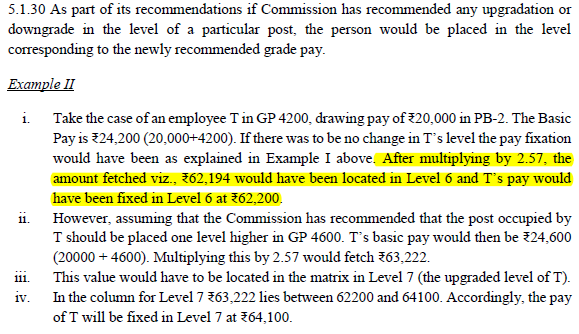Dear Comrades
As per the report furnished by the Circle office to Directorate the following is the strength of the unions among the official.
| Sl.No. | Name of the division | Total working strength | AIPEU Goroup-C | NAPE | BPEU |
| 1 | Hyderabd City | 290 | 145 | 63 | 33 |
| 2 | Hyd. South East | 237 | 138 | 34 | 30 |
| 3 | Secunderabad | 334 | 227 | 102 | 5 |
| 4 | Hyderabad GPO | 121 | 78 | 26 | |
| 5 | PSD Hyderabad | 19 | 13 | 6 | 0 |
| 6 | CSD Hyderabad | 5 | 3 | 1 | 0 |
| 7 | Bhimavaram | 174 | 152 | 10 | 0 |
| 8 | Eluru | 125 | 71 | 41 | 0 |
| 9 | Gudivada | 93 | 10 | 32 | 38 |
| 10 | Gudur | 99 | 88 | 5 | 0 |
| 11 | Guntur | 164 | 118 | 46 | 0 |
| 11 | Khammam | 159 | 53 | 75 | 15 |
| 12 | Machilipatnam | 115 | 54 | 40 | 8 |
| 13 | Narasaraopet | 140 | 28 | 104 | 0 |
| 14 | Nellore | 176 | 121 | 21 | 24 |
| 15 | Prakasam | 201 | 105 | 62 | 30 |
| 16 | Tadepalligudem | 84 | 47 | 26 | 3 |
| 17 | Tenali | 134 | 49 | 80 | |
| 18 | Vijayawada | 299 | 159 | 118 | 0 |
| 19 | PSD Vijayawada | 11 | 9 | 0 | 0 |
| 20 | Anantapur | 193 | 64 | 106 | 0 |
| 21 | Chittoor | 143 | 115 | 18 | 0 |
| 22 | cuddapah | 134 | 89 | 19 | 20 |
| 23 | Hindupur | 110 | 53 | 33 | 0 |
| 24 | Kurnool | 218 | 146 | 52 | 0 |
| 25 | Nandyal | 158 | 123 | 27 | 0 |
| 26 | Proddatur | 93 | 17 | 70 | 0 |
| 27 | Tirupati | 184 | 153 | 23 | 0 |
| 28 | Adilabad | 134 | 77 | 51 | 0 |
| 29 | Hanamkonda | 121 | 46 | 52 | 0 |
| 30 | Karimnagar | 104 | 60 | 32 | 0 |
| 31 | Mahabubnagar | 82 | 47 | 26 | 0 |
| 32 | Medak | 78 | 33 | 37 | 0 |
| 33 | Nalgonda | 88 | 68 | 17 | 0 |
| 34 | Nizamabad | 134 | 100 | 14 | 0 |
| 35 | Peddapalli | 76 | 76 | 0 | 0 |
| 36 | Sangareddy | 91 | 36 | 49 | 0 |
| 37 | Suryapet | 111 | 45 | 26 | 0 |
| 38 | Wanaparthy | 76 | 11 | 62 | 0 |
| 39 | Warangal | 103 | 80 | 21 | 0 |
| 40 | Amalapuram | 115 | 80 | 32 | 0 |
| 41 | Anakapalle | 127 | 99 | 25 | 0 |
| 42 | kakinada | 155 | 116 | 38 | 0 |
| 43 | Parvathipuram | 94 | 94 | 0 | 0 |
| 44 | Rajahmundry | 185 | 165 | 20 | 0 |
| 45 | Srikakulam | 67 | 59 | 8 | 0 |
| 46 | Visakhapatnam | 259 | 159 | 53 | 9 |
| 47 | Vizianagaram | 98 | 75 | 23 | 0 |
| 48 | PSD Rajahmundry | 13 | 0 | 0 | 0 |
| Total | 6524 | 3954 | 1826 | 215 |



















